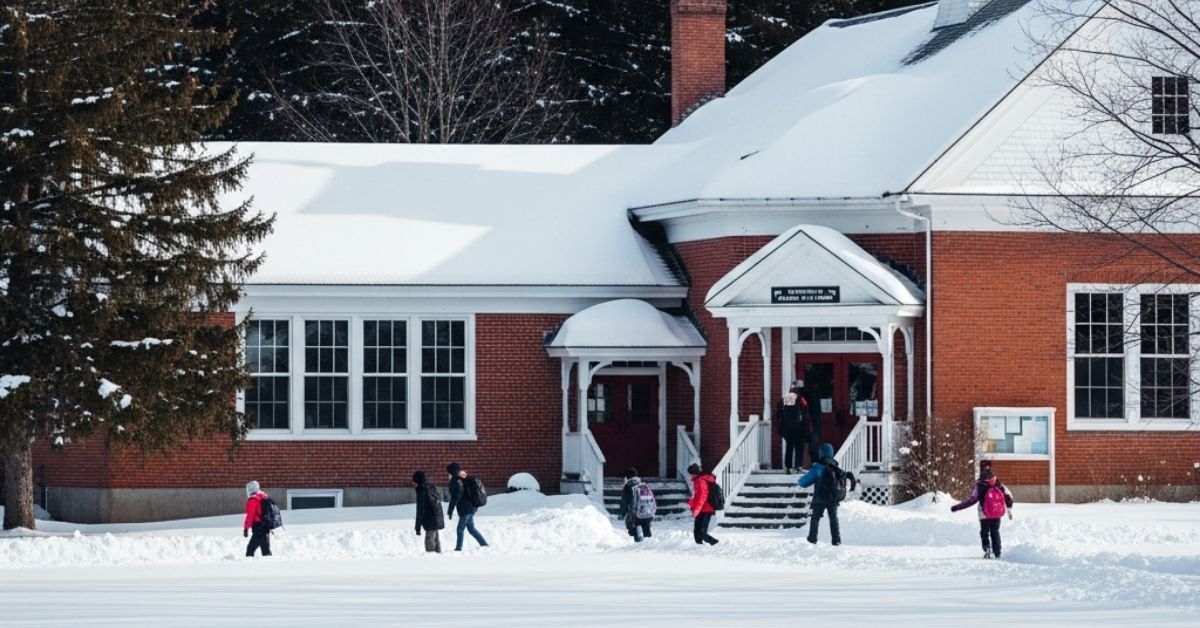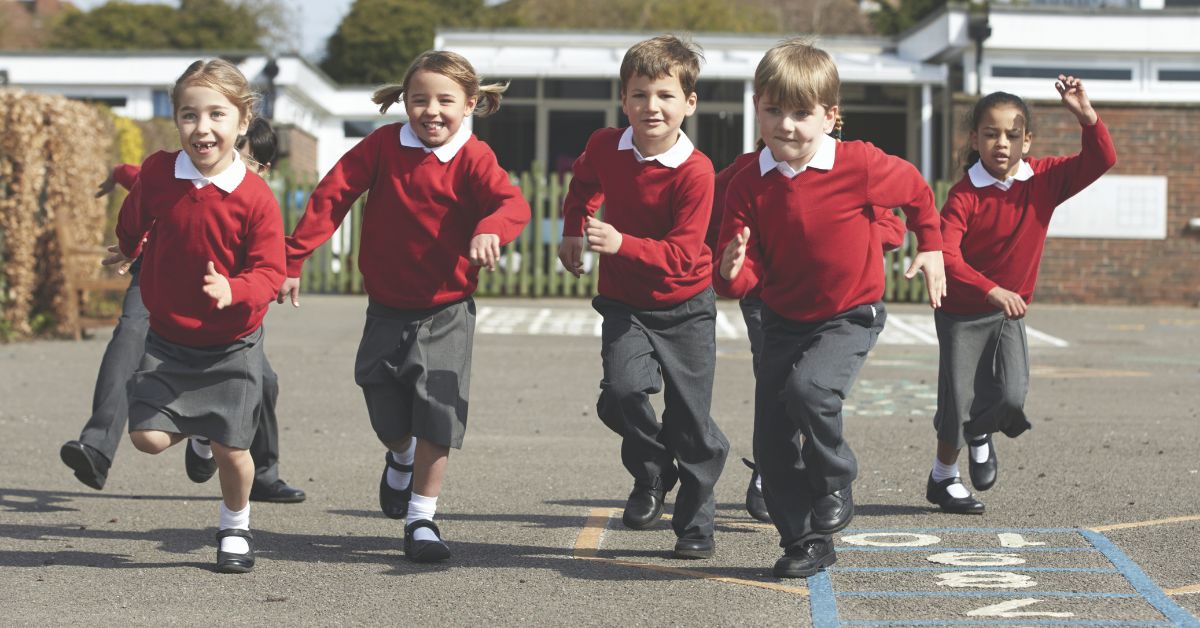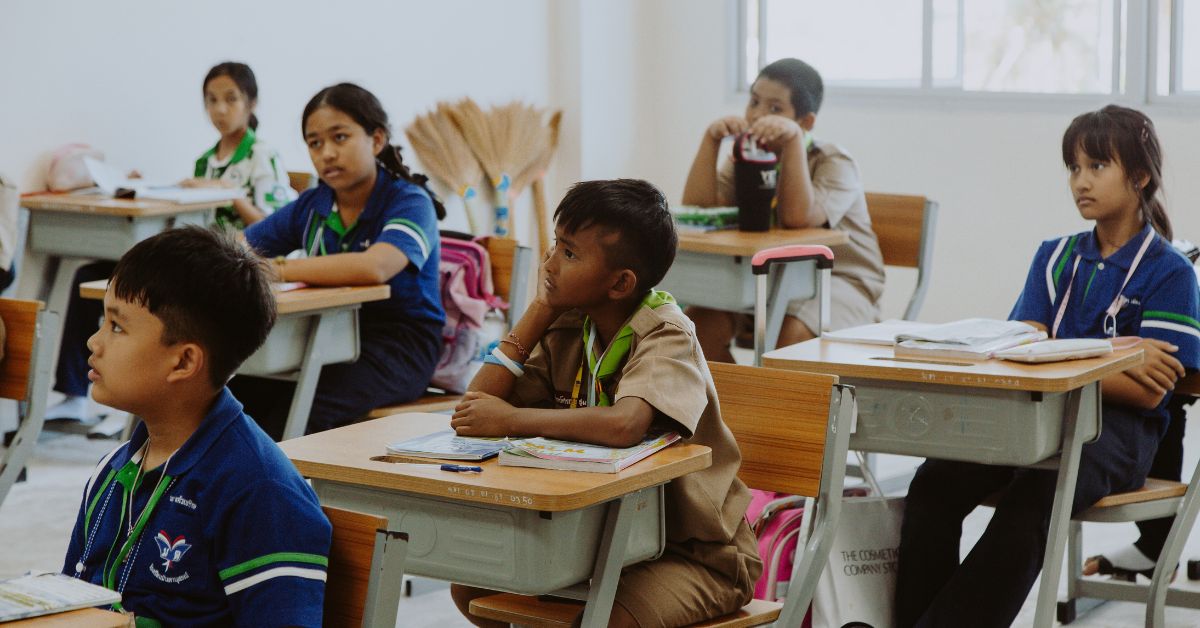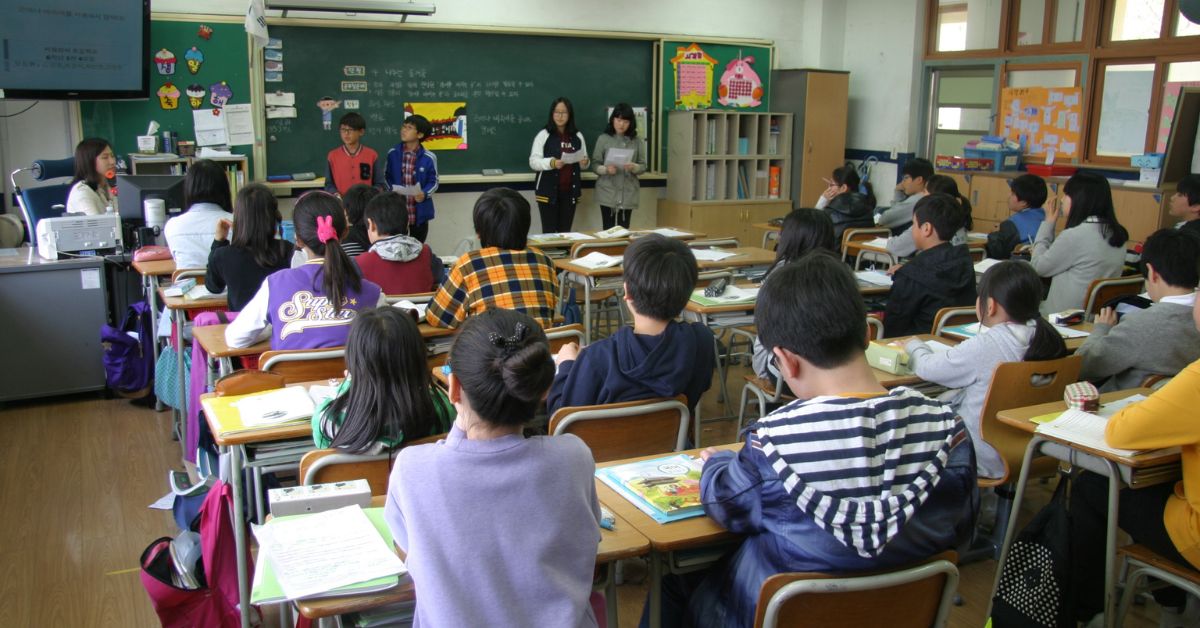In Vermont, a small state in the United States, some schools are doing things differently. Instead of big schools with thousands of students, many of Vermont’s schools are small, with just a few dozen kids. These schools are closely connected to their communities, and learning there feels more personal and friendly.
Students, teachers, and families all know each other. But what does this really mean for education? And can the rest of the country learn something from these small schools?
A Strong Sense of Belonging
One of the first things people notice in Vermont’s small schools is the close feeling of friendship and trust. When schools only have around 60 or 100 students, everyone knows each other. Teachers often teach brothers and sisters from the same family. Even the school principal might eat lunch with kindergartners.
This creates a safe and comfortable place to learn. When students feel like they belong, they are more likely to speak up, ask questions, and try new things. It’s harder to “get lost” in the crowd, unlike in big schools. In Vermont’s small schools, students feel seen and supported.
Teachers Do More Than Teach
In these small towns, teachers don’t just teach math or reading. They also help with sports, give advice, and even create new lessons just for their students. This sounds like a lot of work—and it is—but many teachers feel more connected to their students this way.
Because the schools are small, there is more room to be flexible. If students are curious about nature, teachers might turn a local beaver dam into a science lesson. They might even use maple syrup projects to teach math. This kind of learning is fun and connected to real life.
Still, some people worry that teachers are doing too much. There are not always enough resources, and burnout is a real problem.
Community Becomes the Classroom
Vermont’s small schools also teach students about their own towns. Instead of going to big museums far away, students visit nearby farms, forests, and town offices. They help with local projects that improve their neighborhoods.
This kind of learning is not just about remembering facts. It’s about becoming part of the community and learning how to make a difference. It helps students understand that their ideas matter, their home matters, and their voice can help others.
But some people ask: can this kind of local learning prepare kids for the bigger world? Can they still succeed outside of Vermont?
Problems Beneath the Surface
Small schools have many good things, but they also face real problems. Vermont’s population is shrinking, and some schools don’t have enough students. The state passed a law in 2015 called Act 46, which tried to combine small schools to save money. Some people liked the idea, but others were afraid it would take away the close feeling small schools have.
Also, students in small schools might not have as many classes or clubs to choose from. Technology can help—like using the internet for lessons—but rural areas sometimes have slow internet. So while these schools are strong in many ways, they still face challenges.
Learning Big Lessons in Small Places
Even with these problems, Vermont’s small schools are helping people think about big education questions. What is school really for? Is learning just about test scores? Or is it about building strong relationships, exploring real life, and feeling like you matter?
In these schools, learning is personal. You can see trust, care, and hope in every classroom. That’s why learning in Vermont feels so different. It’s not just about being small—it’s about being connected.
Conclusion
Vermont’s small schools show us that education doesn’t have to be big to be powerful. These schools focus on community, kindness, and creativity. While they may not work everywhere, they remind us what learning can look like when we slow down and focus on people, not just numbers.
In a world where schools often feel too big and too rushed, Vermont offers something refreshing: a chance to rethink what really matters in education.








